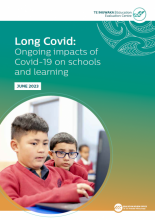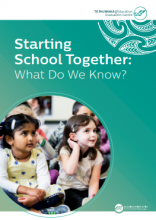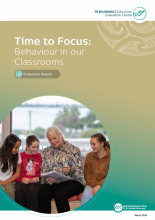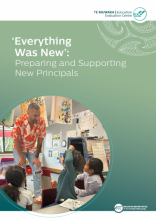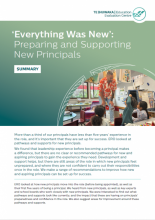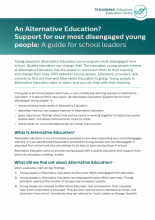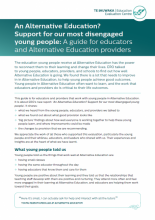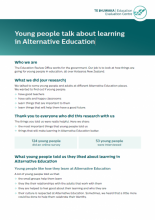Preparing and Supporting New Principals
More than a third of our principals have less than five years’ experience in the role, and it’s important that they are set up for success. ERO looked at pathways and supports for new principals. We make a range of recommendations to improve how new and aspiring principals can be set up for success.


